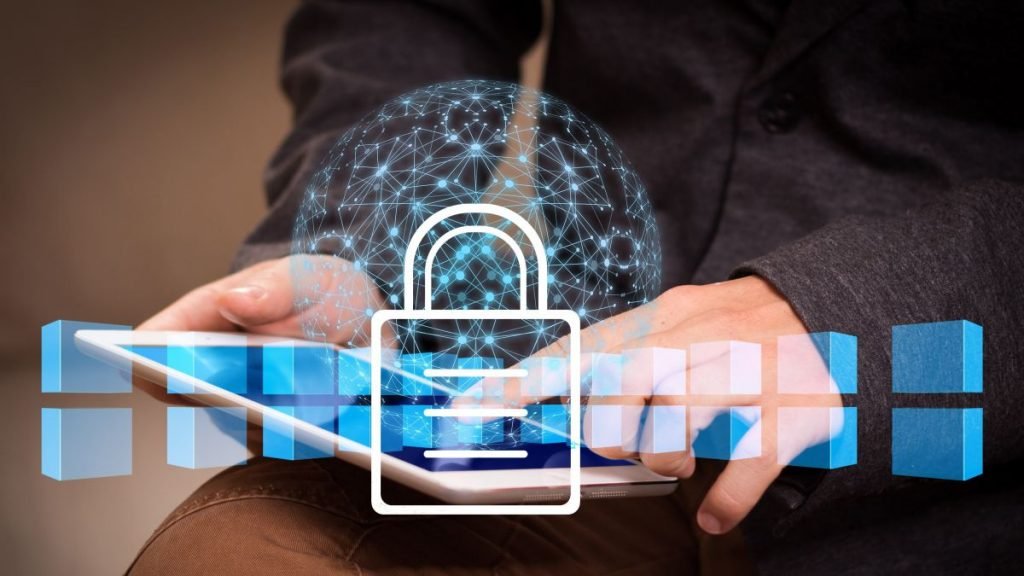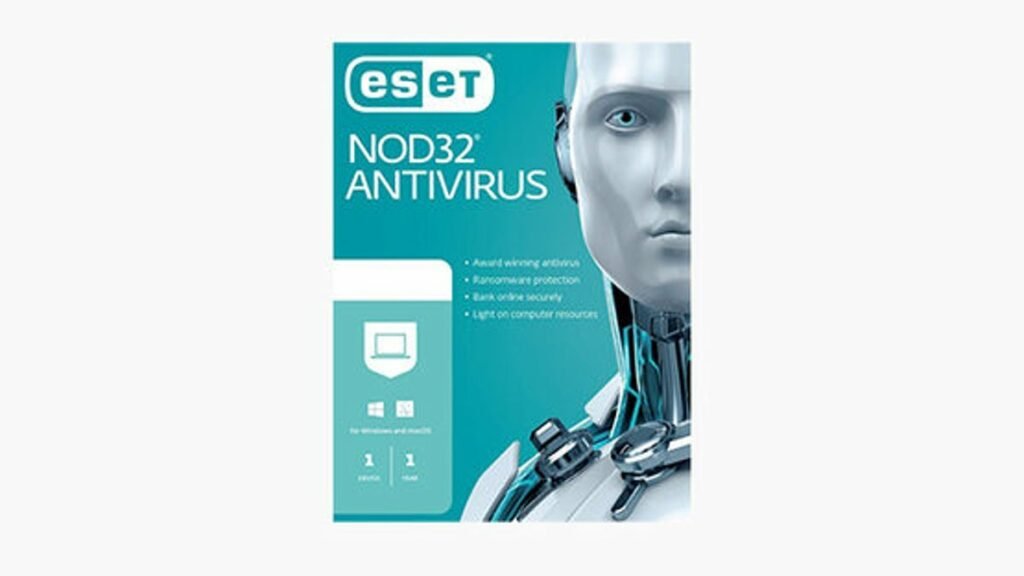Digital identity: enabling the new economy

As our lives become increasingly dependent on the internet, establishing trust becomes vital to society. Yet, the old ways of documenting and verifying trust are no longer fit for purpose: documents get faked; static data gets hacked; and consumers continue to opt for convenience over security. Hackers and malware remain ever present threats and consumers still need to use antivirus software.
Close your eyes, and picture Britain in 1939. Bracing for a Second World War, the country introduces military conscription and the National Registration Bill, requiring every citizen to carry a national identity card at all times. One single document – one piece of information – to verify that you are who you say you are.
About the author
Gus Tomlinson is Group Head of Strategy for GBG.
Fast forward 80 years, past multiple technological breakthroughs: the industrialisation of fossil fuels; commercial aviation; smart grids and electricity storage; global telecommunications; and of course, the internet. The march of technology never stops, and we’re now propelling ourselves towards post-digital life, living in smart cities and connected homes; working in the automated age; moving and spending across borders.
These global shifts have already radically re-shaped the way we live. Yet, the ways we establish trust and verify identity remain stuck in the pa
Be the first to write a comment.







